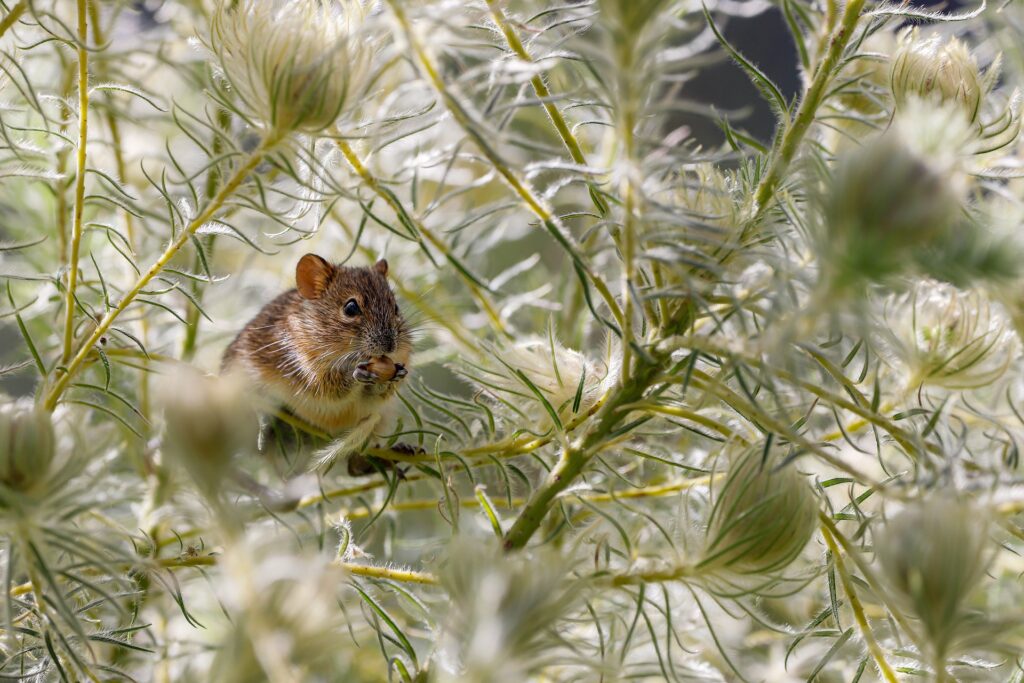Ah, the great outdoors. Connecting with nature is a lot of fun and provides many people with a necessary escape from reality. However, there are a few pests that can cause you some serious trouble when you're out in the woods. Of all the pests you are likely to encounter on the trail, ticks, in particular, can be a major concern for casual and avid campers alike. While ticks are difficult to detect, there are a few steps you can take to limit your chances of exposure. Knowing where ticks tend to live, how to check for ticks and what preventative measures to take can help keep you safe from ticks.
Where do Ticks Live?
While ticks feed on animals and humans, they don't live on their hosts and don't generally cause infestations indoors. Rather, ticks stay close to hosts and typically inhabit grassy, wooded areas with dense vegetation. As a result, forests and trails surrounding campsites are great homes for ticks.
Because ticks cannot fly and don't jump like fleas, they take a "questing" position in order to attach themselves to a host. Questing is when a tick perches on the edge of a leaf, stem, or blade of grass and extends its front legs in hopes of climbing on to a host that brushes against it. Ticks will get into a question position when they sense an animal or human nearby. They can detect hosts in several ways. For instance, ticks can detect carbon dioxide, body heat, body odor, and sometimes even the shadow of a nearby host. If a host, such as a deer, raccoon, dog, cat, or human brushes against the questing tick, it will either attach itself quickly to the host or crawl around the hosts looking for a place suitable place to feed.
Checking for Ticks
Any time you return from a potential tick habitat, you should be checking yourself for ticks. Since ticks are so small, you have to look closely and carefully in order to find one. In addition to looking, it is important to use your hands to feel for ticks. Ticks like to find spots on your body that are warm, moist, and dark. While you should check your entire body, you should pay close attention to the backs of your knees, armpits, waistline, groin, scalp, and neck. In addition to checking yourself for ticks, you should check your belongings and pets as well. If you do discover a tick, you should remove it immediately. The best way to remove a tick is to use a pair of fine tweezers and to pull the tick away firmly, being careful not to crush or squeeze the tick. By removing a tick sooner rather than later, you are lowering your risk of Lyme disease and other tick-borne diseases such as anaplasmosis and Rocky Mountain spotted fever.
Tick Prevention
The possibility of being bitten by a tick shouldn't prevent you from getting outside and enjoying the great outdoors. In order to lower your chances of getting a tick, you should follow these tips:









